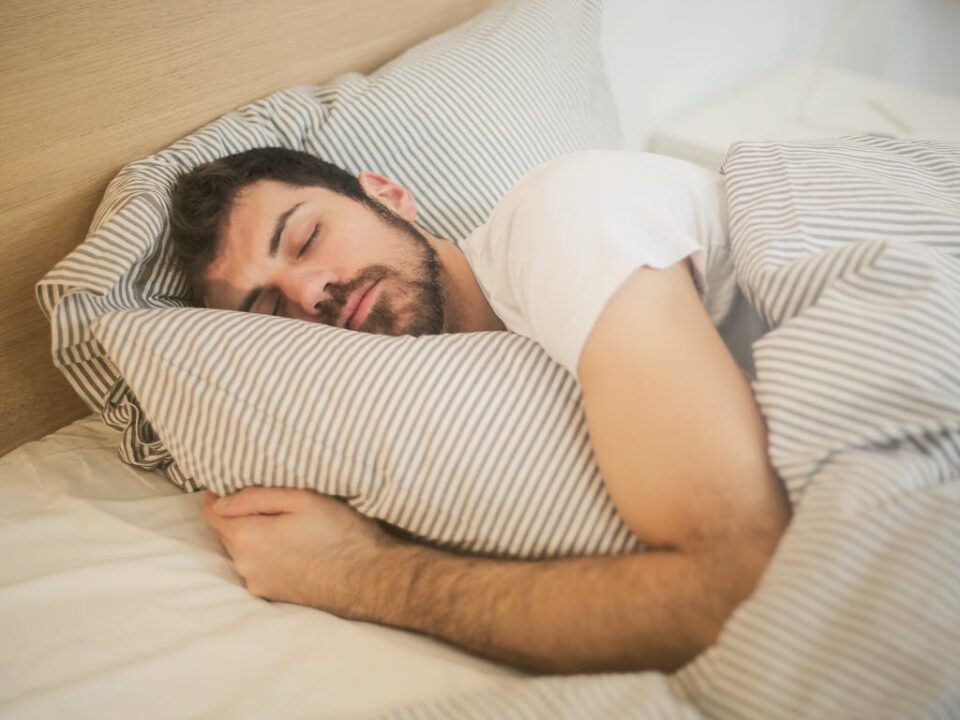Sleep is at the core of our overall health and well-being. Unfortunately, many people struggle with sleep disorders or occasional difficulties falling asleep. In such cases, sleep aids can provide a helpful solution. This guide will explore different types of sleep aids, their benefits and considerations, and tips for using them effectively.
Over-The-Counter Sleep Aids
Melatonin Supplements:
Melatonin is known to regulate sleep-wake cycles. Over-the-counter melatonin supplements can help reset sleep patterns and promote better sleep. It is generally safe and non-habit forming.
Diphenhydramine and Doxylamine:
These antihistamines are commonly found in OTC sleep aids. They can induce drowsiness and promote sleep, but they may cause grogginess the next day and should not be used for prolonged periods.
Prescription Sleep Aids
Benzodiazepines:
These sedative medications can promote sleep. However, they have a potential for dependence and side effects. Hence, they are typically prescribed for short-term use.
Nonbenzodiazepine Hypnotics:
Also known as “Z-drugs,” these medications help with short-term sleep problems. They have a lower risk of dependence than benzodiazepines and are often prescribed for insomnia.
Natural Sleep Aids
Herbal Supplements:
Valerian root, chamomile, lavender, and passionflower are some herbs commonly used to promote sleep. These natural remedies can be found in tea, tinctures, or capsules.
Relaxation Techniques:
Deep breathing, meditation, and guided imagery can help prepare the mind and body for sleep. These techniques promote relaxation and can be highly effective in aiding sleep.
Lifestyle Changes for Better Sleep
Sleep Hygiene:
Individuals should try to maintain a consistent sleep schedule and avoid stimulants before bedtime. Establishing a relaxing bedtime routine is also essential for promoting quality sleep.
Regular Exercise:
Engaging in physical activity can regulate sleep patterns and improve sleep quality. Exercising at least a few hours before bedtime is important to allow the body to wind down.
Mindfulness and Stress Reduction:
Stress and anxiety can significantly impact sleep. Practicing mindfulness techniques, engaging in stress-reduction activities like yoga or journaling, and seeking therapy or counseling can help alleviate stress and improve sleep.
When struggling with sleep disorders or occasional sleep difficulties, sleep aids can offer relief and help promote better sleep quality. Whether opting for over-the-counter options, prescription medications, or natural remedies, it is important to discuss sleep aids with a healthcare provider. Remember, aiming for a comprehensive approach that combines sleep aids with healthy sleep habits and relaxation techniques is the key to achieving optimal sleep.

